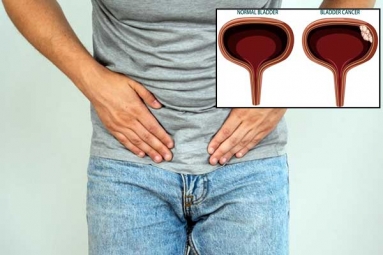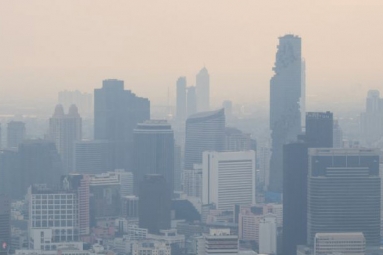
If you thought aspirin is just there to help you with your headache, you are definitely in for a ride. The new studies have provoked better understanding with the importance of the same in handling the overall health and well being of an individual.
A new study conducted by the Columbia University's Mailman School of Public Health is the first to point out the fact that the nonsteroidal anti-inflammatory drugs like aspirin reduce the impacts of the air pollution exposure on the lungs and the respiration in general.
For conducting the study, the researchers did analyze a subset of data collected around from 2280 male participants located around the greater Boston area. They had to undertake certain tests to check for their lung functions. The average of the involved participants in the study was 73 years.
To understand the progress, the researchers examined the relation between the test results, the NSAID usage along with the ambient particulate matter preceding the conducting of the test. While conducting the test, the researchers also kept in mind certain factors including the health status of the subject along with the test of whether or not they are a smoker.
Upon investigation, the researchers did find that the usage of the NSAID did halve the effect of the particulate matter on the lung function. The association between the same was consistent across all the four weekly air pollution measurements that were done around four weeks from the lung function test.
Owing to the fact that majority of the people involved in the study took aspirin, the researchers believe that the modifying effects are because of the same. They also need to find whether the non-aspirin NSAIDs have the same kind of impacts on the body and the lung function or not.
The mechanism of relief for the condition is still a mystery. But, the researchers believe that the same could be because of the fact that the aspirin helps mitigate the unnecessary inflammation caused because of the air pollution.
Xu Gao, PhD, a post-doctoral research scientist in the Department of Environmental Health Sciences at the Columbia Mailman School who is also the corresponding author to the study said that aspirin and NSAIDs may protect the lungs from the short term spikes in the air pollution. It is not the only source you need to rely on though. It is necessary and important that you do focus on minimizing your exposure to air pollution which is responsible for enhancing the risks associated with cancer and cardiovascular diseases.
Andrea Baccarelli, MD, PhD, chair of the Department of Environmental Health Sciences at the Columbia Mailman School, who is the senior author of the study said that while the environmental policies have made a lot of progress towards the overall reduction in the pollution across the world, it is possible for the short time spikes even in the areas which have a lower grade of air pollution. It is this reason why it is necessary to identify the harm caused and find better ways to mitigate the same.
There have also been prior studies conducted which suggest that Vitamin B could be a very well sorted mode of treatment in addition to aspirin to combat the negative impacts of air pollution on our lung function.
By Somapika Dutta














